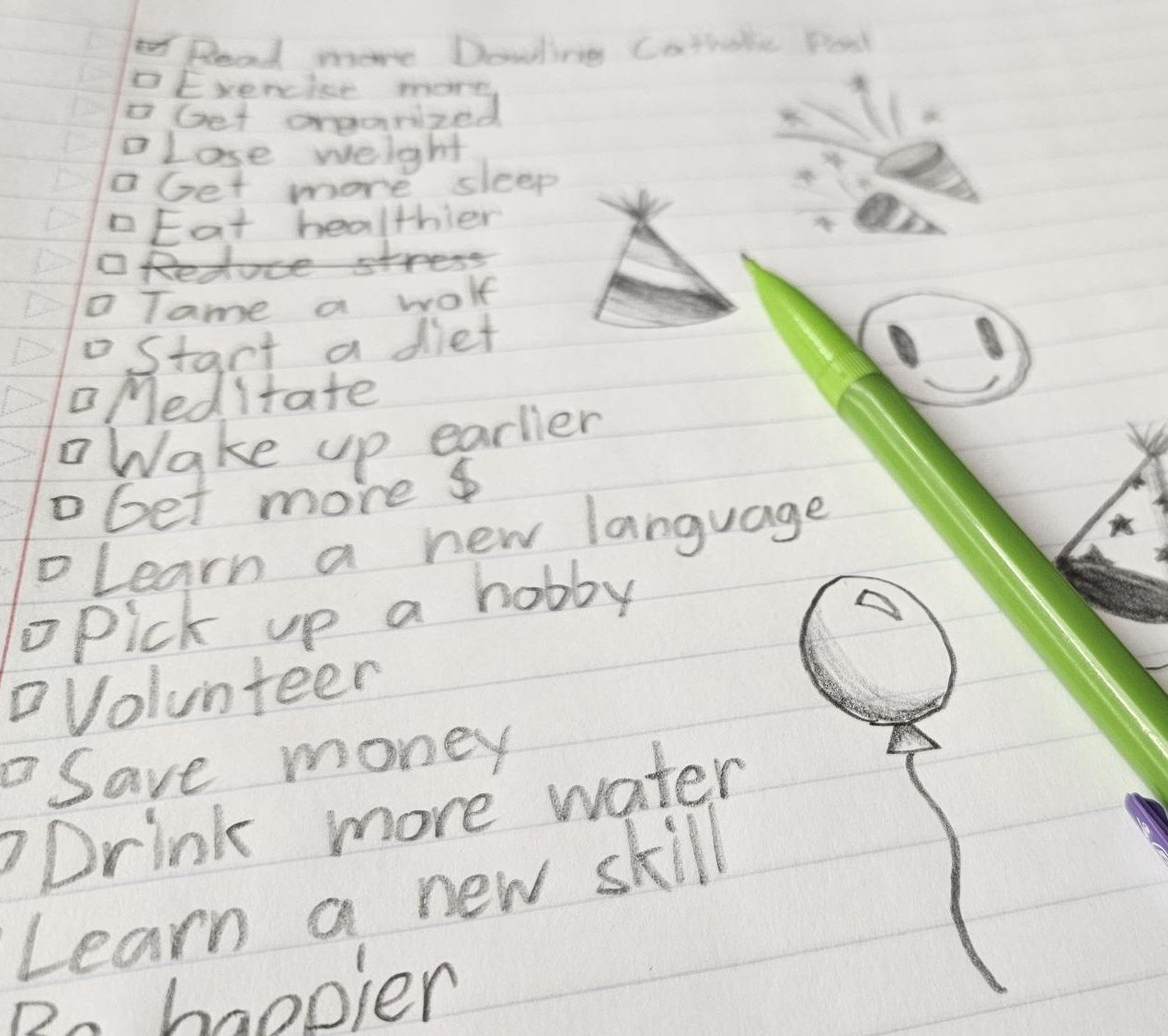According to The Old Farmer’s Almanac, the tradition of making New Year’s resolutions dates back to the Babylonians. Does this long history argue the tradition’s practicality or prove that it’s sorely outdated? Psychologists looking at these questions through a modern lens will assist in answering this question.
“Change Docotor” and psychologist Dr. Michelle Rozen conducted a study that found that 94% of people drop out of their New Year’s resolutions within the first two months. Heck, with Quitter’s Day (the second Friday of January) already passed, there’s a good amount of people who have already quit.
So that proves it, right? New Year’s resolutions are awful and completely worthless. The statistics are against us; we’re bound to fail. Well, not exactly. Dr. Thomas MacCarty (an associate dean of social sciences at SNHU) states that many people set themselves up for failure by making “outlandish goals or goals that involve a major life change.” Setting such “tall orders” for yourself, as MacCarty says, makes it exponentially harder for you to achieve anything.
The main reasons people give up their resolutions, MacCarty explains, are because people are intimidated by the effort resolutions take and because people are just setting the wrong resolution. Both of these issues, believe it or not, tie together; the reason your resolution may seem so daunting is because your resolution may be entirely unrealistic. Instead of just thinking about the end goal, think about the steps to get there. If the steps are too large or just entirely absent, it’s time to rethink your resolution (What Are New Year’s Resolutions and Do They Work?). So, with this in mind, how do you make a good resolution?
A Summary of The American Psychological Association’s (APA’s)
Tips On Making Good Resolutions:
Start small
Don’t try to change your whole life from December 31st to January 1st—healthy habits are made over a period of time. If you want to lose weight or exercise more, don’t try to exercise seven days a week. Try to hit the gym three or four days to begin with. Start taking short morning or evening walks rather than going on long runs. Just do a few push-ups or sit-ups in your room each night.
Change one behavior at a time
Go into the new year with the knowledge that “unhealthy behaviors develop over the course of time,” (APA). Therefore, undoing these behaviors and habits will take another course of time. Easier said than done though, right? The best way to change your behaviors is to focus on one at a time. Choose one habit you really want to focus on—perhaps your “unhealthiest” or the one that impairs you the most—and put all your effort into reversing that one. Once conscious effort isn’t needed in that area anymore, move on to the next area or resolution.
Talk about it
Tell someone about your resolution. If you’re uncomfortable telling someone or fear judgment from them, they’re not the person to tell. Choose a trusted individual. Even better, ask someone or a group of people to join in with you. Keep each other accountable. Don’t be afraid to tell someone when you’re struggling, either. Support and advice from others could be the key to your success!
Don’t beat yourself up
As the APA states, “perfection is unattainable.” Head into the new year and your resolution with this in mind. Perfection may be unattainable, but we can still strive for it. Whenever you find yourself slipping on your resolution, remember that you are human. A sugary dessert on a diet or a missed week of exercise does not mean that you have “failed your resolution.” You’ve only failed once you consciously give up on it.
Ask for support
Accept help from others. Resolutions should not cause you an unreasonable amount of stress—if they do, you may need to focus on something smaller or consider talking to someone. The APA asserts that “psychologists are uniquely trained to understand the connection between the mind and body” and can help you achieve your goals or modify your goals to make them achievable. There is never any shame in asking for professional help or help from loved ones.
Great, now you know how to make a resolution, and know it’s possible to keep it, but is it really worth it? Besides the obvious benefit of improving in the area in which your resolution is, The DO states that resolutions “can act as a roadmap to personal and professional achievement” and lead to “increased motivation, focus and sense of purpose,” (New Year’s Resolutions—Are they worth the bother?). Creating and keeping a resolution can benefit you in areas inside and outside of it. The momentum of a resolution can spread to other areas of your life. The ability to pick out trouble areas in your day-to-day can greatly benefit you down the road. One resolution can lead to another and another after that. Why not make it a habit to make resolutions?
Ultimately it’s up to you to decide if making a resolution is worth it, and it’s up to you to keep it. If a “New Year’s resolution” carries a stigma in your mind, then just set periodic goals for yourself. All in all, everyone can benefit from an occasional reflection and plan to better themselves.



